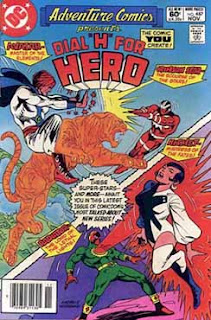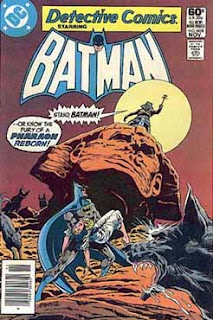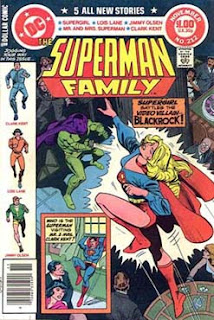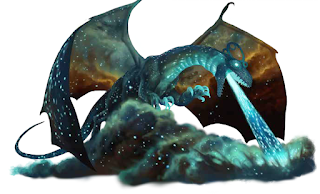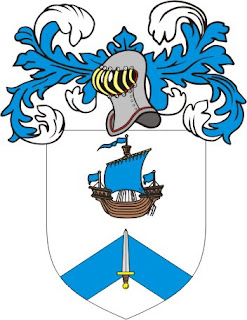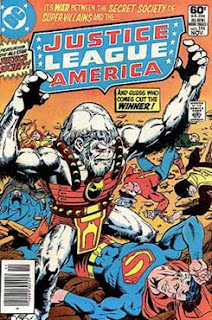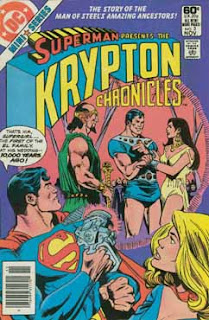Last week I picked up game
Broken Compass by the Italian gaming company Two Little Mice from drivethru. It's a rules lite-ish game in the pulp adventure vein. Interestingly, the default setting such as it is is not the 30s pulp heyday of most rpgs, but the 1990s, positioning it as primarily meaning to replicate pulp-derived films like
The Mummy (1999) and games like
Tomb Raider and
Uncharted rather than the original sources. It does, however, have a supplement for the pulp "Golden Age" also available on drivethrurpg.
In brief, it's not unlike YZE games: a d6 dice pool based on attribute (or Field here) plus skill, with a "push" mechanic (called Risk in BC) where you get to reroll. BC looks for sets of matching rolls, though, rather than a target number, and difficulty is ranked by the number of matching dice you need. I think BC intends for characters to fail their roll or at least partially fail a fair amount, though this often doesn't mean that their action has failed. Instead the Fortune Master is meant to apply a complication, setback, or plot twist (though this is mainly for Challenges, not life-threatening Dangers. For a Danger it seems like a failure is more likely to mean a failure).
There is no damage and no "hit points," though Luck points are lost in offsetting life-threatening failures. When all Luck points are gone the character is out of the adventure, though not necessarily dead. There are also Bad Feelings which are conditions that can be applied as a consequence and reduce the dice available for future rolls, and Good Feelings which are their opposites that can be earned to award additional dice.
With its mechanics and campaign structure based around "episodes" and "seasons," what Broken Compass struck me as likely being good for is action/adventure tv shows. Tales of the Gold Monkey, obviously, but with a bit of tweaking The Wild, Wild West or even Buck Rogers. Also, I think this would be a good game to run comic strip or bande dessinée type stuff like Terry and the Pirates or Tintin. Or Popeye!
There were some supplements Kickstartered last year that give alternative settings like Space Opera, Westerns, trad Fantasy, Cyberpunk, Occult Investigators, or Toons, but frustratingly they are not yet even available to nonbackers as digital products. Still, it seems a super-easy system to hack on your own.
There are some areas where it doesn't shine. It isn't really made for long-term play, perhaps; there isn't much advancement to speak of. Also, characters are not really mechanically much different, particularly if they are of similar "types," so if mechanical specialness is important to a player, they probably need to be in a game without too many fellow players.
Those things aside, I think it's well worth checking out and plan to give it a whirl soon. You can download the preview of the game here.




